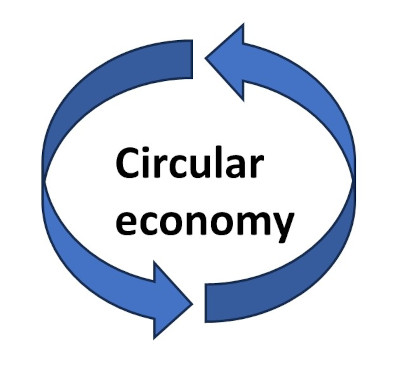
Black Soldier Flies Power Trucks
And other diesel engines. At least potentially, if economics of the process can be worked out. For safety reasons, some of the substrates suitable for rearing black soldier flies, such as carcasses of diseased animals or various manures, cannot be used to grow flies designated for animal feeds. However, they can potentially be used to raise flies for a variety of industrial applications, including making biodiesel. This technology is still at an experimental stage and does not attract as much attention as using black soldier flies as a feed ingredient. However, it shows promise and people are working on its development.
Elsayed, M., Wang, J., Wang, H., Zhou, Z., Osman, A.I., Almutairi, A.W., Faisal, S. and Abomohra, A., 2024. Conversion of protein-rich waste into biodiesel by Hermetia illucens: Enhanced energy recovery and reduced greenhouse gas emissions. Sustainable Energy Technologies and Assessments, 66, 103825.
The increased global demand for animal-based products results in generation of larger volume of protein-rich waste (PRW). Developing novel methods for efficient and eco-friendly conversion of these wastes is of great importance. The present study suggests a novel approach using black soldier fly larvae (BSFL) to recycle PRW treated with dietary acetic acid, which potentially reduces the NH3, N2O, and CH4 emissions. Compared to the control, applying 2 % dietary acetic acid significantly increased the larval biomass yield and areal biomass productivity by 24.4 % and 26.3 %, respectively. The study exhibited superior biodiesel characteristics with improved cetane numbers (60.08–61.17). The suggested route estimated reduction of the global warming potential (GWP) to 2.67 g CO2-eq per kg dry larval biomass. There was a synergistic effect of dietary acetic acid to achieve a well-balanced diet for BSFL growth and NH3 recycling while reducing greenhouse gases (GHGs) emissions, thereby enhancing the achievement of cleaner biodiesel production from PRW. Overall, this study provides insight into BSFL as a potential organism for efficient recycling of PRW from industrial animal byproducts for enhanced biodiesel recovery and reduced GHGs emissions, which could support the low-carbon economy and sustainability objectives.
